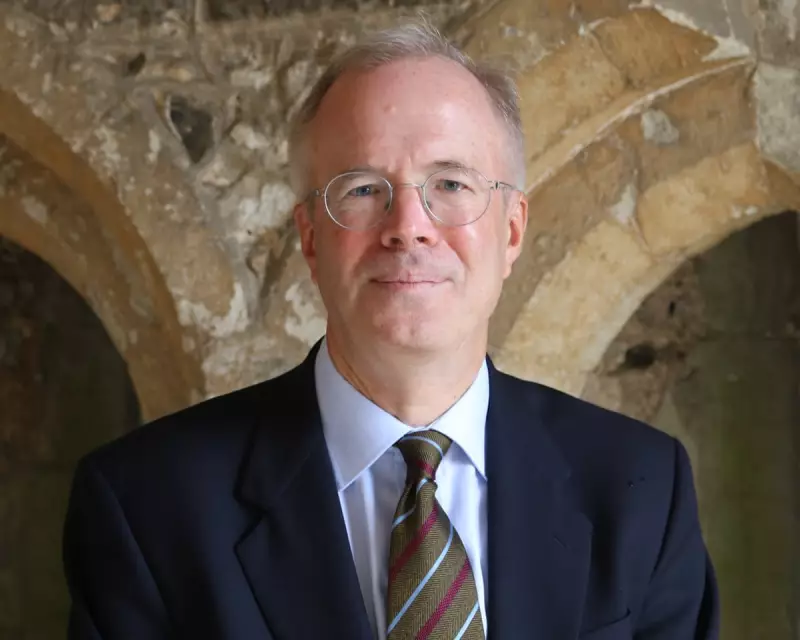
The medical world mourns the passing of Dr Christopher Roles, the revolutionary NHS geriatrician whose human-centred approach forever changed how Britain cares for its elderly population. He died peacefully on 18th August 2025, aged 88, leaving behind a legacy that continues to shape medical practice decades after his retirement.
A Visionary Approach to Geriatric Medicine
Dr Roles pioneered what he termed "whole-person geriatrics" during his tenure at Westminster Hospital in the 1960s-1980s. At a time when elderly patients were often dismissed as "bed-blockers," he insisted that every patient deserved comprehensive assessment and rehabilitation regardless of age.
His revolutionary methods included:
- Comprehensive patient assessments considering social and psychological factors
- Multi-disciplinary team approaches involving physiotherapists and occupational therapists
- Rehabilitation programmes that restored independence rather than managing decline
- Teaching medical students to see the person behind the condition
Transforming Medical Education
Beyond his clinical work, Dr Roles became one of the NHS's most influential medical educators. He developed training programmes that emphasised communication skills and patient dignity at a time when technical expertise dominated medical training.
His teaching philosophy centred on what he called "the three C's": Compassion, Communication, and Comprehensive Care. This approach inspired generations of doctors to treat elderly patients with the respect and attention they deserved.
Legacy and Lasting Impact
Dr Roles' influence extended far beyond his hospital wards. He advised health ministers on elderly care policy, contributed to medical textbooks that became standard reading, and lectured internationally about his patient-centred approach.
Former colleagues describe him as "ahead of his time" in recognising that many age-related health issues were reversible with proper care and attention. His work demonstrated that elderly patients could often return to independent living rather than facing institutionalisation.
Dr Roles is survived by his wife of 62 years, three children, and seven grandchildren—all of whom remember him as embodying the same compassion in family life that he brought to his medical practice.





